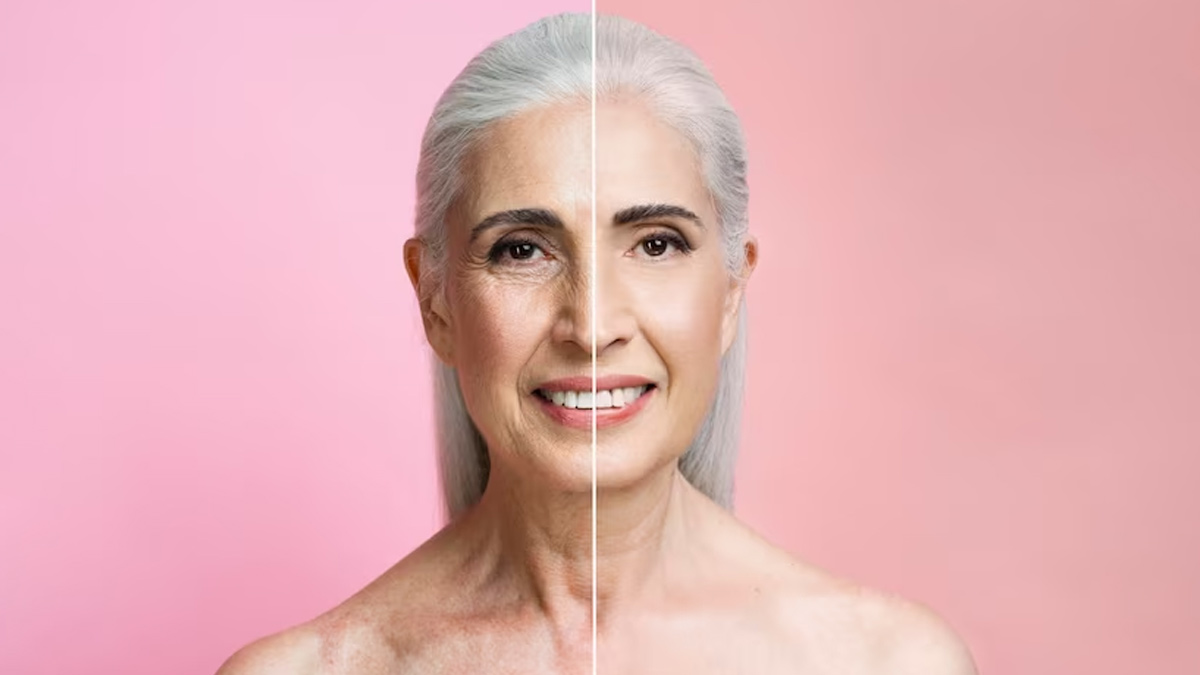
Depression is more than just a state of mind, rather it’s a whole-body condition that can accelerate the ageing process. While most people associate depression with emotional distress, research is increasingly revealing its profound effects on physical health.
Table of Content:-
A study published in PLOS Medicine underscores this link, showing that individuals with a history of depression develop chronic health conditions 30% faster than those without it. This alarming revelation calls for a broader understanding of depression as not just a mental health disorder but a condition that affects overall well-being.
Link Between Depression and Faster Aging
The study, conducted over approximately seven years, analysed data from 1,72,556 participants in the UK Biobank, aged between 40 and 71. Researchers found that at the start of the study, individuals with a history of depression already had an average of three chronic conditions, compared to two in those without depression. Over time, the gap widened, with depressed individuals developing an additional 0.2 conditions per year, compared to 0.16 in those without depression.
Among the most commonly diagnosed conditions in participants with depression were:
- Osteoarthritis (15.7% in those with depression vs. 12.5% in those without)
- Hypertension (High Blood Pressure)
- Gastroesophageal Reflux Disease (GERD)
These findings reinforce the idea that depression accelerates physical decline, underscoring the need for integrated health strategies that address both mental and physical health simultaneously.

Also Read: Can Your Lunch Make You Gain Weight? Expert Shares Why
How to Protect Your Health
While depression can impact ageing and overall health, there are steps you can take to mitigate its effects. Here are some strategies to stay safe and maintain well-being:
1. Prioritise Mental Health Care
Seeking professional help is crucial. Therapy, counselling, and, if necessary, medication can significantly improve mental health and, by extension, physical health. Cognitive-Behavioral Therapy (CBT) and mindfulness-based approaches can be particularly effective.
2. Stay Physically Active
Regular exercise has been shown to improve mood and reduce symptoms of depression. Aim for at least 30 minutes of moderate physical activity most days of the week. Activities such as walking, swimming, and yoga can boost both mental and physical well-being.

3. Maintain a Nutritious Diet
A diet rich in whole foods, lean proteins, healthy fats, and fresh fruits and vegetables can support brain health and reduce inflammation, a key factor in both depression and chronic diseases.
4. Get Quality Sleep
Poor sleep can exacerbate depression and contribute to health issues. Establish a regular sleep schedule, avoid excessive screen time before bed, and create a restful environment to promote deep, restorative sleep.
Also Read: Expert Shares 6 Vitamins Every Woman Should Have For Hormonal Balance
5. Manage Stress Effectively
Chronic stress fuels both mental and physical deterioration. Practices such as meditation, deep breathing exercises, and spending time in nature can help manage stress levels and promote relaxation.
Bottomline
Depression is not just a mental health issue, it’s a condition that affects the entire body and can accelerate the onset of chronic diseases. Recognising its impact and taking proactive steps to care for both mental and physical well-being is crucial in slowing down its effects on ageing. By prioritising mental health, staying active, and making mindful lifestyle choices, individuals can take control of their well-being and lead healthier, longer lives.
Also watch this video
How we keep this article up to date:
We work with experts and keep a close eye on the latest in health and wellness. Whenever there is a new research or helpful information, we update our articles with accurate and useful advice.
Current Version